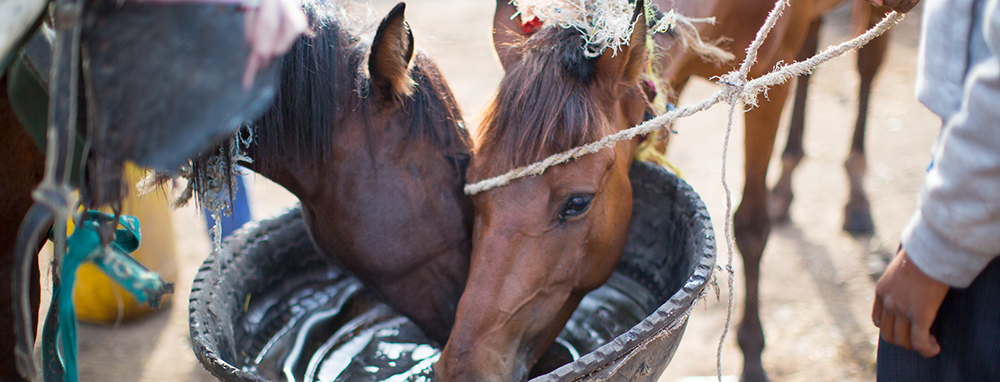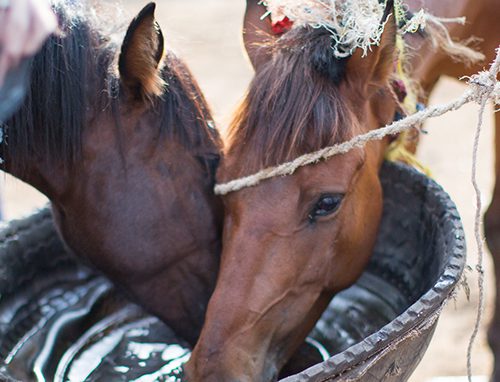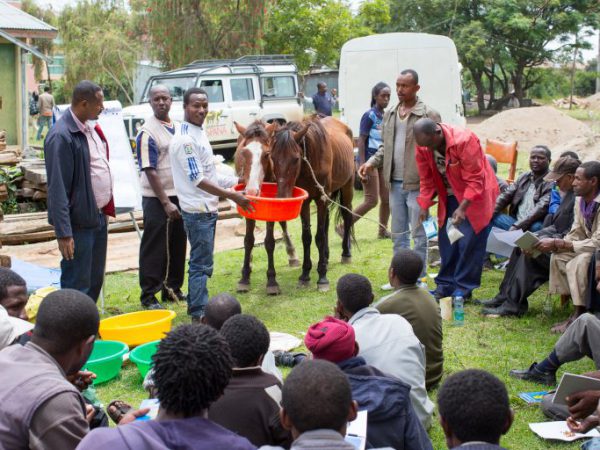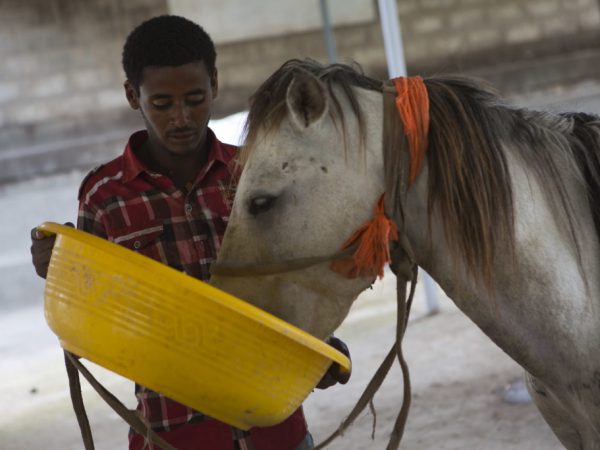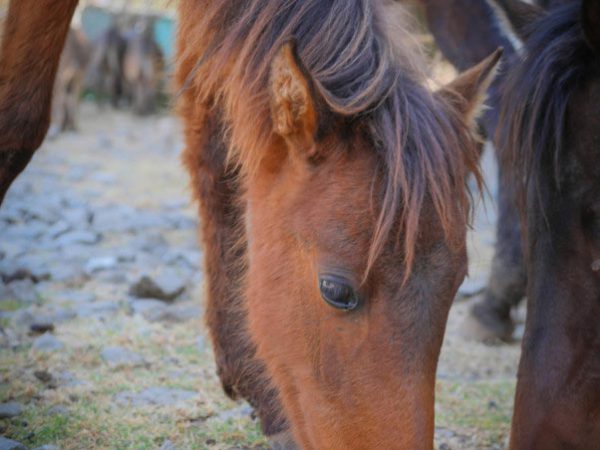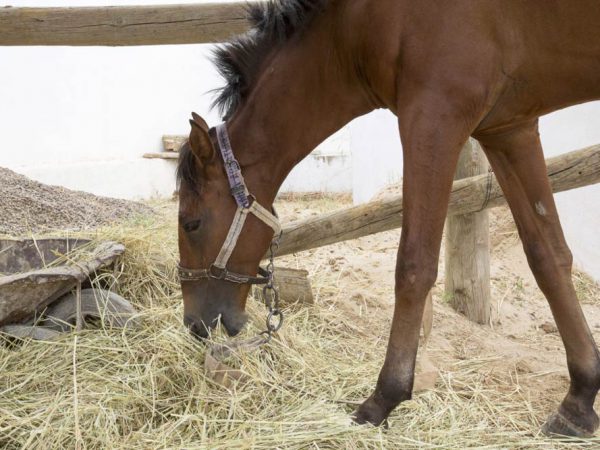You may also be interested in
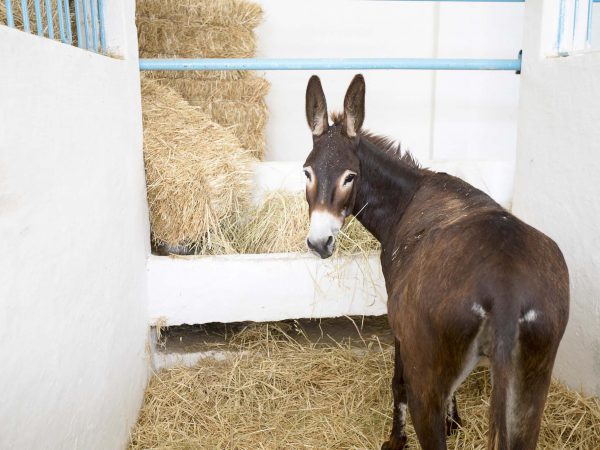
What do donkeys eat?
What do donkeys eat? Discover what the best food is to feed donkeys.
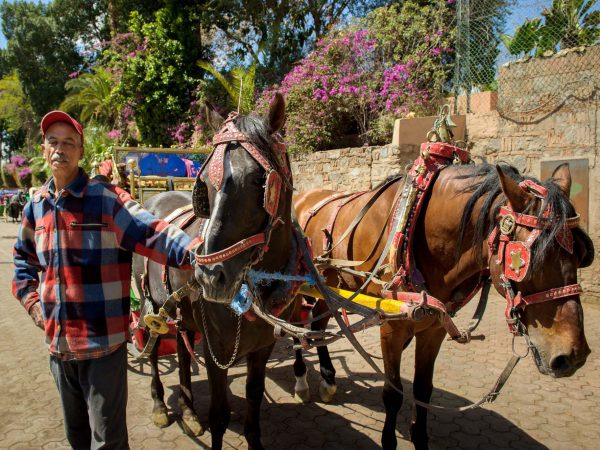
What are working horses?
Discover what working horses are, why they are so important and how SPANA is helping them.
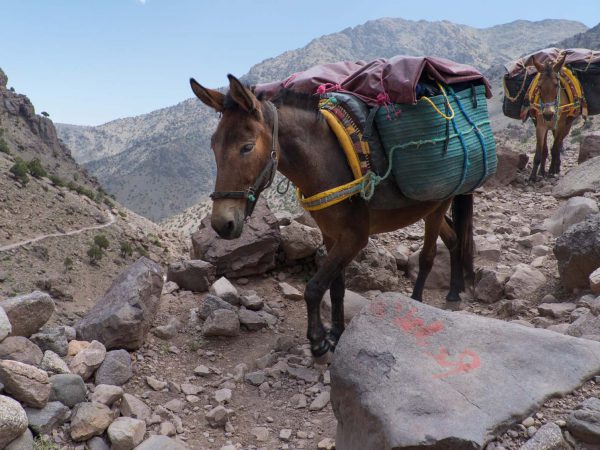
What is a mule? 13 things you didn’t know
Learn about the difference between a donkey and a mule and whether mules can reproduce.

What are working horses?
Discover what working horses are, why they are so important and how SPANA is helping them.

What is a mule? 13 things you didn’t know
Learn about the difference between a donkey and a mule and whether mules can reproduce.

